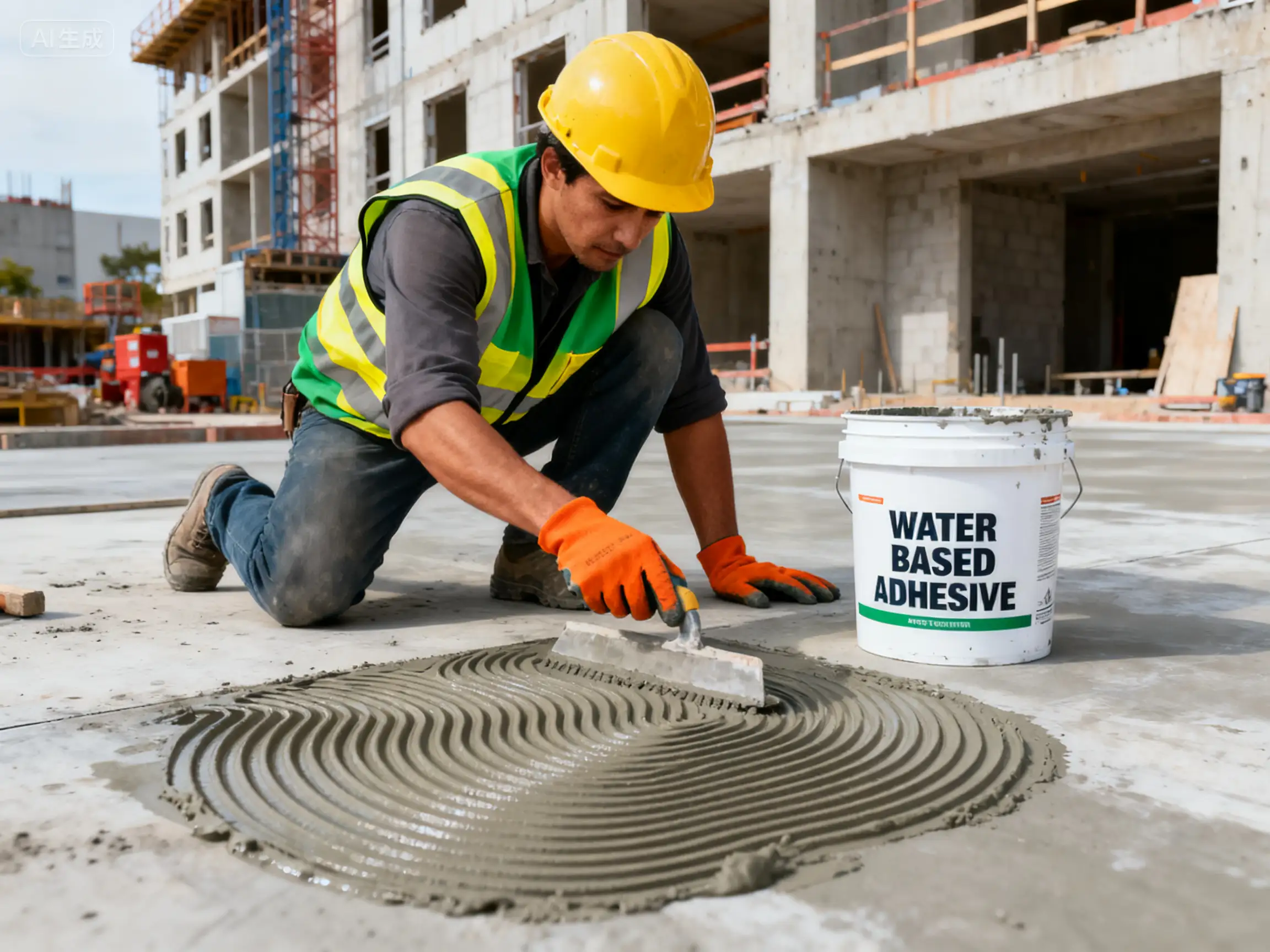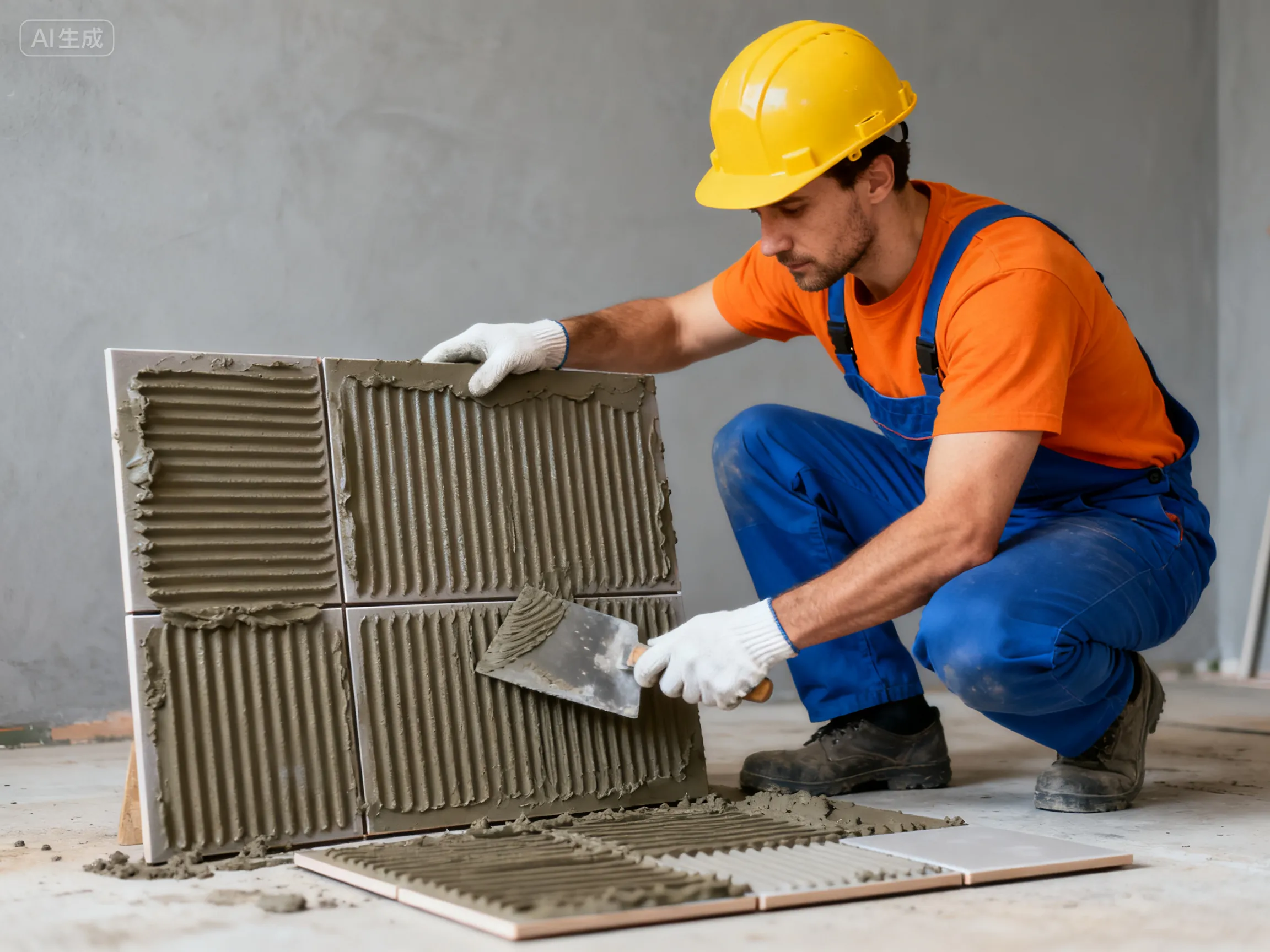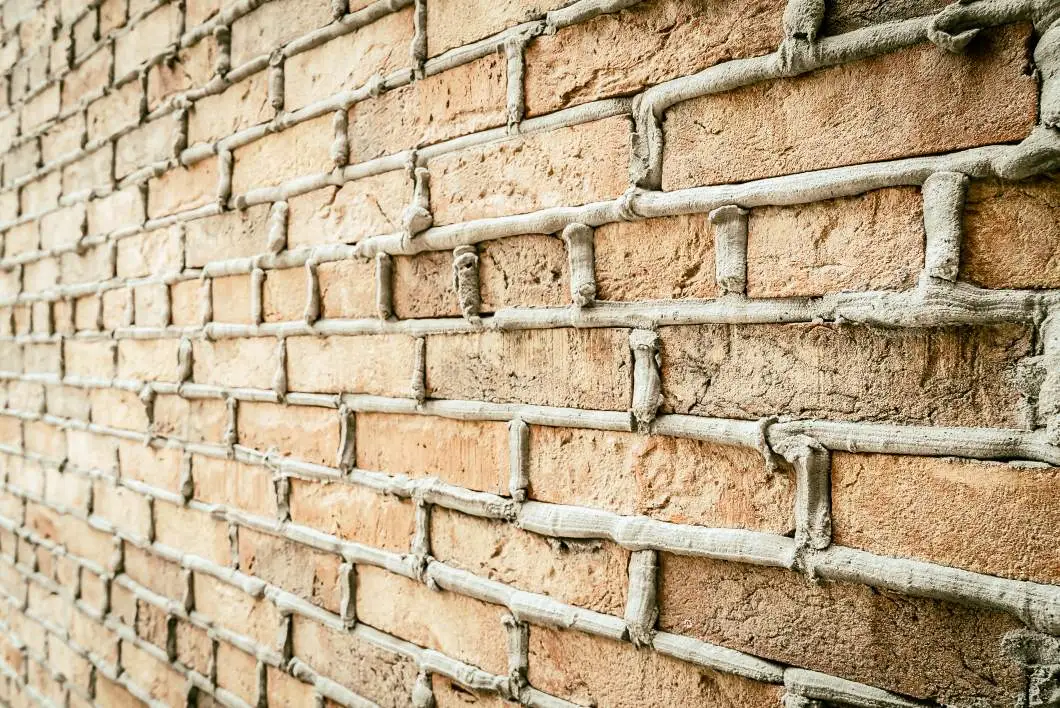In recent years, sustainable construction has become a key focus in the industry. As builders and developers seek to reduce environmental impact, the use of water-based adhesives has emerged as a popular and eco-friendly solution. This article explores the application of water-based adhesives in construction, highlighting their benefits and various uses.

What Are Water-Based Adhesives?
Water-based adhesives are a type of glue that uses water as the primary solvent. Unlike traditional adhesives that rely on harsh chemicals, these adhesives are formulated with water, making them less toxic and safer for both the environment and human health. They are commonly used in construction due to their versatility and strong bonding capabilities.
Composition and Characteristics
Water-based adhesives are made from natural or synthetic polymers. These polymers are dispersed in water, creating a stable emulsion that can be applied to a variety of surfaces. Once the water evaporates, the adhesive forms a strong bond.
Some key characteristics of water-based adhesives include:
Low Volatile Organic Compounds (VOCs): These adhesives release fewer VOCs, which are harmful chemicals that contribute to air pollution and health problems.
Non-Flammable: Water-based adhesives are non-flammable, reducing the risk of fire hazards on construction sites.
Easy Cleanup: Since they are water-soluble, cleaning up spills or excess adhesive is easy with just soap and water.
Benefits of Using Water-Based Adhesives in Construction
The application of water-based adhesives in construction offers numerous benefits, making them a preferred choice for sustainable building practices.
التأثير البيئي
Sustainable construction aims to minimize environmental damage. Water-based adhesives align with this goal by significantly reducing harmful emissions. Their low VOC content ensures better air quality, both indoors and outdoors. Additionally, these adhesives are often biodegradable, further minimizing their environmental footprint.
Health and Safety
The use of water-based adhesives enhances safety on construction sites. Traditional adhesives can emit toxic fumes that are dangerous when inhaled. In contrast, water-based options are much safer for workers, reducing health risks associated with prolonged exposure.

Versatility and Performance
Water-based adhesives are suitable for a wide range of applications within the construction industry. They can bond various materials, including wood, metal, glass, and plastics. This versatility makes them ideal for tasks such as flooring installation, wall paneling, and insulation.
Moreover, water-based adhesives provide excellent performance under different environmental conditions. They maintain their adhesive properties even in high humidity or temperature fluctuations, ensuring long-lasting bonds.
More information about water-based glue can be found on that page.
Applications of Water-Based Adhesives in Construction
The application of adhesives in construction is diverse, with water-based options playing a crucial role in several areas.
Flooring Installation
Water-based adhesives are commonly used in flooring applications, including the installation of carpets, vinyl, and laminate flooring. Their strong bonding ability ensures that flooring materials adhere securely to the subfloor, preventing movement or lifting over time.
Wall Coverings and Paneling
For wall coverings and paneling, water-based adhesives offer a reliable solution. Whether applying wallpaper or attaching decorative panels, these adhesives provide a smooth and durable finish. Their quick-drying nature also speeds up the installation process.
Insulation and Sealing
Proper insulation is essential for energy efficiency in buildings. Water-based adhesives are used to bond insulation materials, such as foam boards or fiberglass, to walls and roofs. Additionally, they serve as effective sealants, preventing air leaks and improving thermal performance.
Tile and Ceramic Applications
In tile installations, water-based adhesives provide a strong grip that ensures tiles remain securely in place. They are suitable for both wall and floor tiles, offering a clean and even application.
Challenges and Considerations
While water-based adhesives offer many advantages, there are some considerations to keep in mind.
Curing Time
Water-based adhesives generally have a longer curing time compared to solvent-based adhesives. This means that the bond may take longer to reach full strength. However, this can be managed with proper planning and scheduling on construction projects.
Moisture Resistance
Although water-based adhesives are versatile, their moisture resistance can vary. It’s important to choose the right formulation for specific applications, especially in areas exposed to high humidity or water.

الخلاصة
The application of water-based adhesives in the construction industry is a testament to the growing emphasis on sustainable building practices. Their environmental benefits, coupled with their versatility and safety, make them an excellent choice for various construction tasks. As the industry continues to evolve, water-based adhesives are likely to play an increasingly important role in achieving sustainable construction goals.
By incorporating these eco-friendly adhesives, builders and developers can contribute to a healthier environment while ensuring the durability and quality of their projects. As you consider your next construction project, think about the advantages of using water-based adhesives and how they can support your sustainability objectives.
